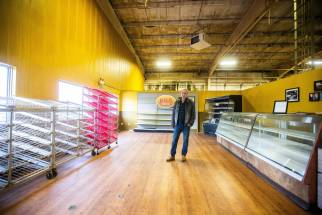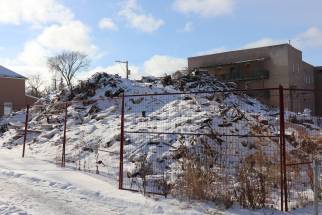Tories’ downtown surveillance promise raises eyebrows
Read this article for free:
or
Already have an account? Log in here »
To continue reading, please subscribe:
Monthly Digital Subscription
$0 for the first 4 weeks*
- Enjoy unlimited reading on winnipegfreepress.com
- Read the E-Edition, our digital replica newspaper
- Access News Break, our award-winning app
- Play interactive puzzles
*No charge for 4 weeks then price increases to the regular rate of $19.00 plus GST every four weeks. Offer available to new and qualified returning subscribers only. Cancel any time.
Monthly Digital Subscription
$4.75/week*
- Enjoy unlimited reading on winnipegfreepress.com
- Read the E-Edition, our digital replica newspaper
- Access News Break, our award-winning app
- Play interactive puzzles
*Billed as $19 plus GST every four weeks. Cancel any time.
To continue reading, please subscribe:
Add Free Press access to your Brandon Sun subscription for only an additional
$1 for the first 4 weeks*
*Your next subscription payment will increase by $1.00 and you will be charged $16.99 plus GST for four weeks. After four weeks, your payment will increase to $23.99 plus GST every four weeks.
Read unlimited articles for free today:
or
Already have an account? Log in here »
Hey there, time traveller!
This article was published 16/11/2022 (1116 days ago), so information in it may no longer be current.
The Manitoba government’s promise to improve safety in downtown Winnipeg by adding surveillance cameras has public safety advocates scratching their heads.
Premier Heather Stefanson identified one of the partners as the Downtown Community Safety Partnership, which is using funds from Manitoba and Ottawa to install cameras as early as December in a previously announced project that’s not intended to focus on enforcement.
The DCSP was surprised when a “renewed and enhanced” camera network for downtown was announced in Tuesday’s throne speech.
“It kind of took us off guard,” Matthew Sanscartier, the DCSP’s business intelligence analyst, said Wednesday.
RUTH BONNEVILLE / WINNIPEG FREE PRESS Matthew Sanscartier, business intelligence analyst with the Downtown Community Safety Partnership: 'It kind of took us off guard.'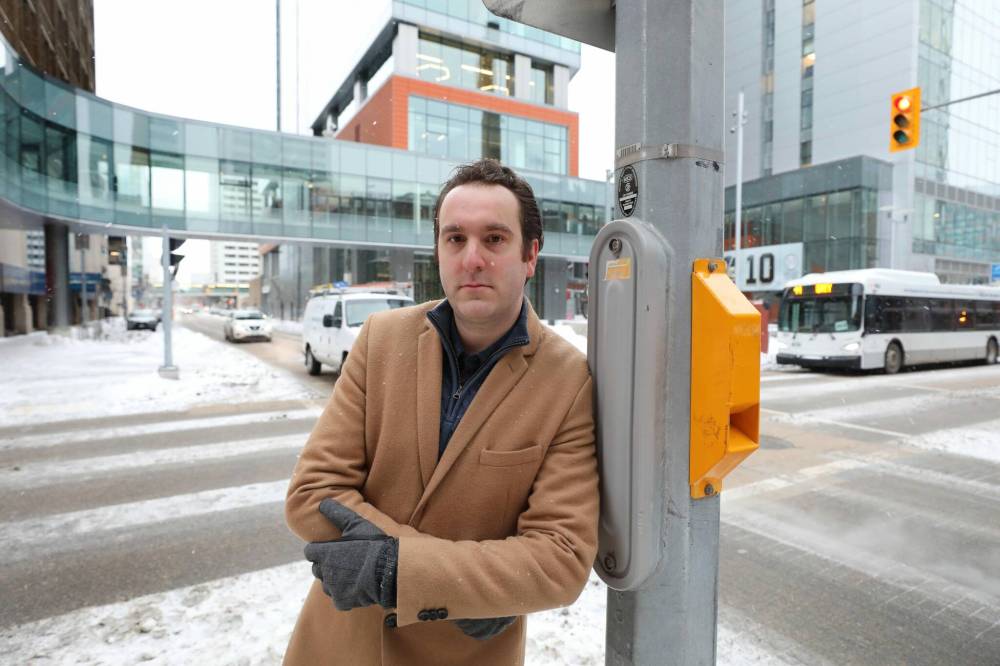
He said he isn’t sure what the speech was referring to when it cited the province’s pledge to work with “community partners” on wider video surveillance.
On Nov. 1, Stefanson announced a $3.6-million grant for the DCSP on top of earlier funding.
In July, Winnipeg police announced a plan to upgrade its closed-circuit television camera program, with 25 new cameras downtown. City council approved $150,000 in funding in 2018.
As for the throne speech pledge, Winnipeg police don’t believe it has anything to do with them.
“We understand this announcement is being made in part with Downtown Community Safety Partnership,” a spokeswoman wrote in an email.
WINNIPEG FREE PRESS FILE PHOTO Manitoba Premier Heather Stefanson
A spokesman for Stefanson said more details will be announced in the future.
“For now, it is part of a commitment to better security and safety in the downtown, along with measures already announced and more to be announced in the next few months,” he wrote in an email.
At a news conference Tuesday, Stefanson said the plan to increase surveillance would involve input from police officers and collaboration with the DCSP to “augment what they’re doing.”
“We are looking at what will that look like, obviously not wanting to invade on people’s privacy,” she said. “We need to ensure that we’re catching the criminals who are out there, that are preying on vulnerable people in our downtown community, so that’s what the idea is behind it.”
Kate Kehler, executive director of the Social Planning Council of Winnipeg, said any money for more cameras would be better spent on things such as community outreach.
“I don’t see (cameras) as any sort of preventative measure,’” said Kehler, who is also chair of the Restorative Justice Association of Manitoba.
“We are looking at what will that look like, obviously not wanting to invade on people’s privacy. We need to ensure that we’re catching the criminals who are out there, that are preying on vulnerable people in our downtown community, so that’s what the idea is behind it.”–Manitoba Premier Heather Stefanson
With a provincial election less than a year away, the Tories have ramped up a “tough on crime” message, while announcing some measures to help address the root causes of crime.
Kehler doesn’t believe the government is striking the right balance, saying it needs to do more to reduce poverty.
Public safety activist Sel Burrows said cameras are useful, but they’re not the solution.
“If people are serious about doing something about crime and the vulnerability of downtown residents, there are several other things that should come first,” said Burrows, co-ordinator of the Point Powerline community watch group in Point Douglas.
He suggests governments partner with taxi companies, private security guards at downtown businesses and landlords, among others, to get more “active eyes on the street” to suppress crime.
MIKE DEAL / WINNIPEG FREE PRESS FILES Community activist, Sel Burrows.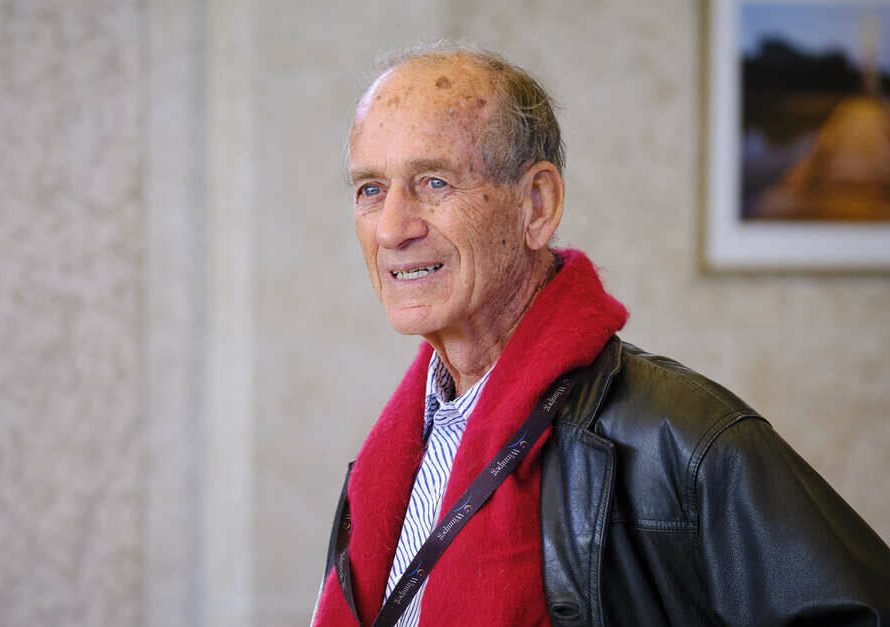
NDP justice critic Nahanni Fontaine said crime is getting worse and cameras won’t fix the problem.
“Families know the best way to create a safer downtown and reduce property crime is to tackle deeper issues like homelessness and addictions,” she said.
Liberal Leader Dougald Lamont echoed that call.
“We don’t need the PCs government spying on us in public, we need programs that provide people who are in trouble with a safe place to go,” he said. “This has everything to do with political posturing to look tough in the suburbs.”
“If people are serious about doing something about crime and the vulnerability of downtown residents, there are several other things that should come first.”–Sel Burrows, co-ordinator of the Point Powerline community watch group
Sanscartier said the DCSP’s voluntary program will pay for and install public-facing cameras at businesses which sign up.
The focus is the health and safety of residents and visitors in an area where issues such as crime, homelessness, addictions and mental health are a concern.
“We’re making it clear to folks this is not an enforcement thing,” said Sanscartier. “Our whole purpose is to make sure everyone feels safe. Our goal is to foster community for everyone. Cameras are a tool in that kit for us to do that.”
Live feeds will be monitored by DCSP staff from about 8:30 a.m. to 4:30 p.m. and part-time in the evenings, he said.
There will be a gap in overnight coverage.
Location of police-operated surveillance cameras in downtown Winnipeg. (Data source: Winnipeg Police Service)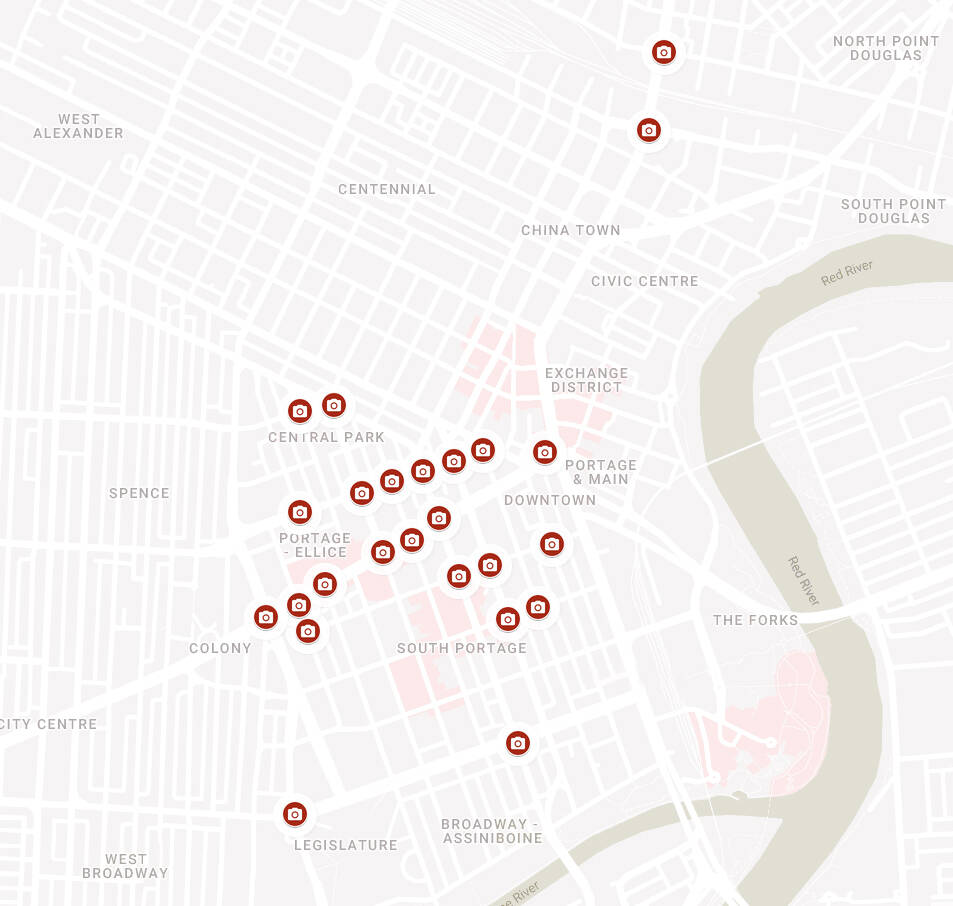
Sanscartier said the program will start small, with about three or four cameras, before it expands to more locations next year.
If staff see someone who requires a wellness check, a patrol team will be deployed to offer assistance or direct the person to potential supports, if desired.
Police will be notified if staff observe something on video that requires their involvement, said Sanscartier.
The program, including a privacy policy, remains in development. As such, it’s difficult to give a specific cost estimate, said Sanscartier.
He said the program will not use facial recognition and police will not have access to the live feeds.
A privacy policy will cover requests to obtain footage. For example, if a crime occurs and police ask for video.
To inform the public, signs will be posted at camera locations, and there will be a public awareness campaign, said Sanscartier.
The DCSP is a collaboration between partners including the province, the city, Downtown Winnipeg BIZ, the fire paramedic service and police, and True North Sports and Entertainment.
“We’re making it clear to folks this is not an enforcement thing. Our whole purpose is to make sure everyone feels safe. Our goal is to foster community for everyone. Cameras are a tool in that kit for us to do that.”–Matthew Sanscartier
Downtown business owners interviewed by the Free Press said they support the program, but they would like to see additional foot patrols by police officers, cadets or organizations such as the DCSP.
“If that number increases, it will help,” said Mehari Russom, owner of Mehari Barbershop on Kennedy Street, just south of Portage Avenue.
Last week, a man smashed one of his shop’s windows after coming in and asking for a cigarette, which no one had.
Across the street at the White Star Diner, owner Bruce Smedts said the DCSP’s cameras are a “great idea,” but overnight monitoring is needed.
In those hours, said Smedts, a lot of crime occurs and fewer people are around to discover someone in need of help.
chris.kitching@freepress.mb.ca
Twitter: @chriskitching
As a general assignment reporter, Chris covers a little bit of everything for the Free Press.
Our newsroom depends on a growing audience of readers to power our journalism. If you are not a paid reader, please consider becoming a subscriber.
Our newsroom depends on its audience of readers to power our journalism. Thank you for your support.


